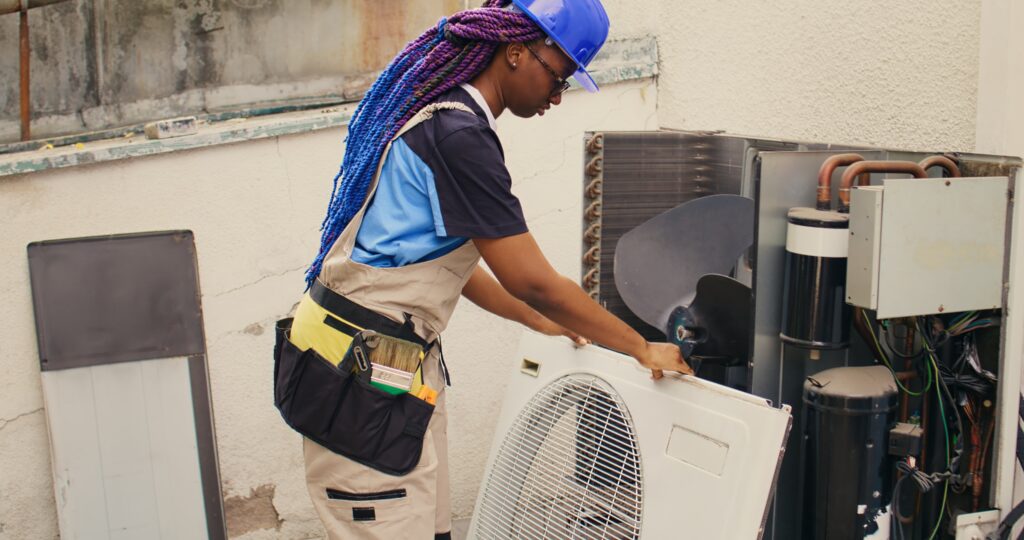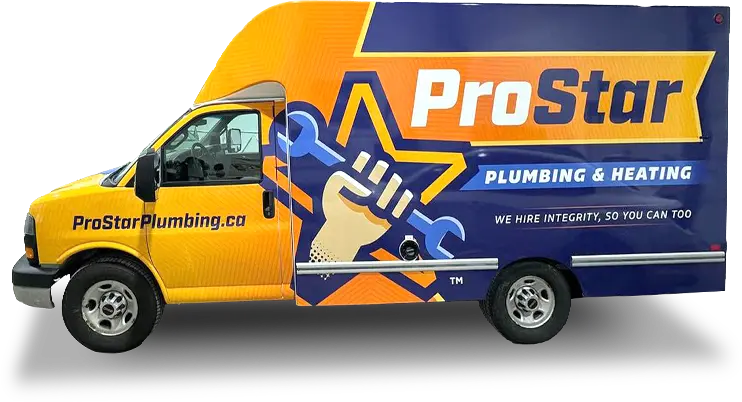Regular HVAC maintenance is essential for the longevity and efficiency of your air conditioning system. Just as routine check-ups keep a vehicle running smoothly, consistent servicing ensures your system operates optimally. This proactive approach helps identify potential issues before they escalate, leading to cost savings on energy bills and repairs.
Preventing Costly Repairs
One of the primary reasons for conducting regular maintenance is to prevent expensive breakdowns. A well-maintained air conditioner lasts longer and performs better, reducing the likelihood of major failures. Inspections can catch wear and tear early, addressing minor malfunctions before they become significant problems. This preventative strategy extends the lifespan of your unit, making it a worthwhile investment.

Improved Indoor Air Quality
A properly tuned air conditioning system enhances indoor air quality by reducing dust, mould, and allergens. Without routine cleaning and maintenance, these contaminants can circulate throughout your home. Regular maintenance schedules ensure that air filters and ducts are cleaned and inspected, promoting a healthier living environment.
Seasonal Considerations for Air Conditioner Tune-ups
The timing of air conditioner tune-ups & maintenance is crucial, as each season presents unique challenges and opportunities for your system. Understanding these seasonal considerations helps you schedule maintenance effectively and ensures peak performance when needed.
- Spring: As temperatures rise, a spring tune-up prepares your system for summer’s heat, preventing strain and inefficiencies.
- Summer: While not ideal for maintenance due to high usage, monitoring your unit’s performance helps identify immediate issues.
- Fall: Preparing for colder months ensures a smooth transition. A fall tune-up helps maintain efficiency and prepares the heating system for winter.
- Winter: Though not in use, inspecting your air conditioner in winter allows for planning spring maintenance, ensuring readiness for warmer months.
By aligning maintenance schedules with seasonal changes, you optimize efficiency and prolong your system’s lifespan.
Spring: The Best Time for HVAC Maintenance
Spring is the best season for HVAC maintenance, as rising temperatures signal the need for cooling. Ensuring your system functions efficiently before summer prevents unexpected failures.
During a spring tune-up, technicians:
- Clean coils for optimal heat transfer
- Replace air filters for better airflow
- Inspect ducts for leaks
- Check refrigerant levels
Addressing potential issues early reduces energy consumption and lowers bills, ensuring a comfortable summer.
Fall Maintenance: Preparing Your System for Winter
Fall maintenance is essential for preserving your system during colder months. While often overlooked, a fall tune-up prevents dirt and debris accumulation, which can hinder performance.
Technicians:
- Clear outdoor unit obstructions
- Inspect refrigerant levels
- Prepare heating components
Ensuring your heating system functions efficiently provides peace of mind and reduces the risk of breakdowns during winter.
Key Components of a Comprehensive AC Tune-up
A thorough AC tune-up includes:
- Cleaning the Coils: Dirty coils reduce efficiency and increase energy consumption.
- Changing Filters: Clogged filters restrict airflow, making the system work harder.
- Inspecting the Ducts: Clean ducts improve air quality and system performance.
- Checking Refrigerant Levels: Low refrigerant affects cooling efficiency and may indicate leaks.
- Examining the Thermostat: Proper calibration ensures accurate temperature control.
Regular tune-ups enhance system performance, reduce energy costs, and extend equipment life.
Signs Your Air Conditioner Needs Immediate Attention
Recognizing warning signs can prevent hvac costly repairs and system failures:
- Unusual Noises: Grinding, squealing, or banging sounds indicate mechanical issues.
- Inconsistent Temperatures: Uneven cooling suggests duct leaks or thermostat malfunctions.
- Higher Energy Bills: A sudden increase in energy costs signals inefficiencies.
- Foul Odours: Musty or burning smells may indicate mould or electrical issues.
If any of these signs appear, consult an HVAC technician promptly to avoid further complications.

DIY vs. Professional HVAC Maintenance
While some maintenance tasks are manageable, professional expertise ensures comprehensive care.
DIY
- Changing Air Filters: Enhances airflow and efficiency.
- Cleaning the Outdoor Unit: Prevents debris buildup that obstructs airflow.
- Checking Thermostat Settings: Adjusting settings improves efficiency.
Professional Services
- Comprehensive Inspections: Detect hidden issues.
- Safety Considerations: Proper handling of electrical components and refrigerants.
- Warranty Compliance: Some warranties require professional servicing.
Combining DIY efforts with professional services ensures optimal performance and safety.
The Cost-Benefit Analysis of Regular AC Tune-ups
Regular maintenance might seem like an added expense, but it offers substantial financial and operational benefits.
Short-Term Savings
- Lower Energy Bills: A well-maintained system consumes less energy.
- Fewer Repairs: Preventative maintenance reduces emergency breakdowns.
Long-Term Benefits
- Extended Equipment Lifespan: Delays the need for costly replacements.
- Increased Home Value: Efficient systems attract homebuyers.
Environmental Impact
- Lower Carbon Footprint: Efficient operation reduces energy consumption, benefiting sustainability.
Investing in maintenance leads to cost savings, improved efficiency, and environmental responsibility.
How Frequent Maintenance Impacts Energy Efficiency
It directly affects your system’s ability to cool efficiently and reduce energy waste.
Enhanced Performance
- Optimal Airflow: Clean filters improve circulation, reducing strain on the system.
- Proper Refrigerant Levels: Prevents overworking and excess energy consumption.
Consistent Operation
- Reduced Wear and Tear: Maintains peak efficiency over time.
- Preventative Measures: Detect potential problems early, ensuring smooth operation.
Energy Savings
- Lower Utility Bills: Regular tune-ups result in noticeable cost reductions.
- Environmental Benefits: Decreased energy use contributes to a sustainable future.
Prioritizing maintenance enhances efficiency, saves money, and supports eco-friendly energy consumption.
Tips and Best Practices
Simplify HVAC maintenance with strategic planning:
Create a Calendar
- Seasonal Checkpoints: Schedule tune-ups in spring and fall for year-round efficiency.
- Set Reminders: Use digital tools to track service dates.
Choose a Reliable HVAC Technician
- Research Providers: Look for qualified professionals with positive reviews.
- Establish a Relationship: Consistent service leads to personalized care and reliability.
Be Proactive
- Communicate Issues: Report concerns early to prevent major breakdowns.
A well-maintained HVAC system ensures efficiency, cost savings, and long-term performance. Prioritize regular tune-ups for optimal air conditioning and heating throughout the year.Ensure year-round comfort with our expert HVAC maintenance services in Calgary, including Bearspaw, Springbank, Crowfoot, and Plumber West Hills in the Northwest and Southwest regions. Schedule your seasonal tune-up today to maximize efficiency and prevent costly repairs!

